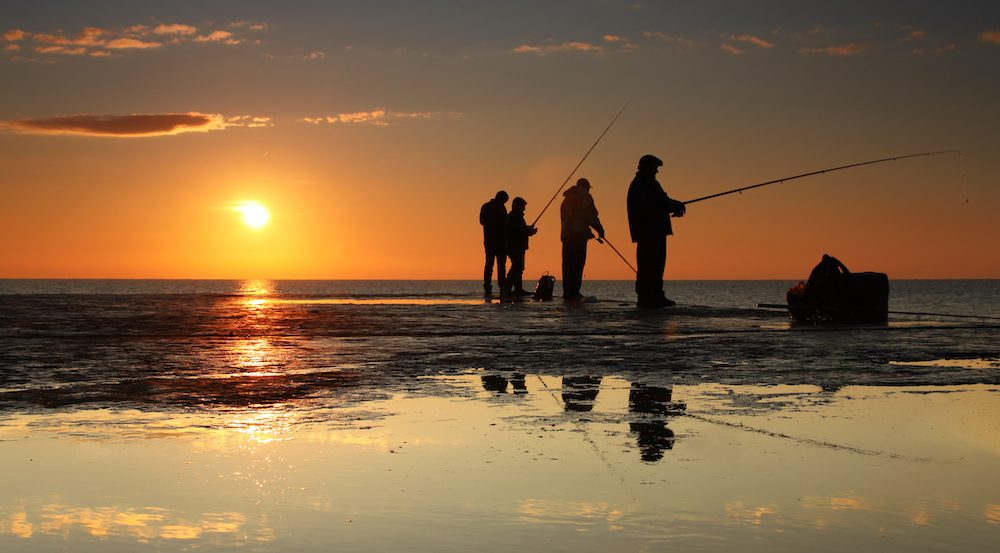
If you’re traveling overseas, you can expect to encounter exotic locations and people; you can also expect to encounter a new soundscape. There will be lots of unknowns on the journey, so it’s a good idea to prepare for every eventuality. Read on for more information about how to look after hearing devices as your travel and how to protect your hearing from further damage.
Hearing Devices
If you invested in a prescription hearing aid device, chances are you have a lot of features on it that you haven’t explored yet. Prescription devices are more advanced than over-the-counter devices, but most people buy them for their basic functionality. If you want to get the best hearing on your travels, make sure you explore everything your device has to offer.
Some hearing aids have directional microphones that identify where the sound is coming from and turn to face it, giving you better sound without moving your head. Others have noise reduction functionality to reduce background noise when communicating. A hearing aid might also be able to connect to your other devices like smartphones, tablets and watches.
Extra Batteries
One of the great things about hearing aid devices is their portability. The majority of hearing aids use rechargeable batteries so the device can be worn and transported effortlessly. Although convenient and sensible, rechargeable batteries run down after a while and need replacing. Chances are your hearing will start to deteriorate as the batteries start to die in the device.
The last thing you want is to have reduced hearing while your rechargeable batteries power up. Instead, make sure you bring fully charged replacements that can be swapped in at a moment’s notice. Having fully charged replacements is one thing, but you also need somewhere to charge up the drained ones. Remember to bring a portable charger with you to maintain hearing levels.
Storage Container
Hearing aid devices are fragile and easy to damage; the solution is to understand how to handle them at home and when traveling and to always bring a storage container with you to protect them. Storing your hearing aid keeps them dry and protects them from damage. There’s a higher chance of damaging them when traveling.
Chances are your hearing aid device comes with a storage holder as standard, but that might not be suitable for traveling with; if not, you can invest in a storage container designed for protecting the devices in rucksacks, suitcases and backpacks. A storage container for traveling is made with resilience in mind so you can store your device safely and use it conveniently.
Cleaning Kit
Cleaning is one of the most important aspects of caring for your hearing device, whether you are at home or traveling overseas. An audiologist will show you how to look after your device in a session. Spend some time practicing cleaning the devices and ask your audiologist for suggestions and tips. Cleaning your device protects it and improves its overall sound quality.
When you’re on the road, it’s even more important to clean your device carefully and regularly. When traveling, there is a higher chance of dirt and grime getting into the device; it’s also harder to have your device professionally cleaned if necessary. Each night take out your device and wipe the earmold with a soft cloth. Also, clean the battery and the microphone contacts daily.
Hearing Protection
If you’re wearing a hearing device, the cilia in your inner ear might be damaged in some way. Cilia are tiny hairs that transform sound waves into electrical signals for the brain to read. These cilia can disappear with age, but they can also be damaged by sudden loud noises and loud environments. It’s important that you prevent further damage to the cilia and your hearing.
There are many unexpected sounds when you travel, and you can expect some of them to reach beyond the safe level of 70 decibels. If you find that an environment is too loud for you, it’s sensible to have some hearing protection such as earmuffs. Earmuffs are best if you wear a device because they envelop your ears protecting the device and improving overall hearing.
Whether you wear a hearing device or not, you want to experience the soundscape of your journey, but you need to look after your hearing at the same time to protect it for the future and enjoy your travels. The tips above help to protect your hearing device for a better experience. If you want to discuss more about your hearing health, contact the team at Professional Hearing by calling us today at (785) 940-4101.























